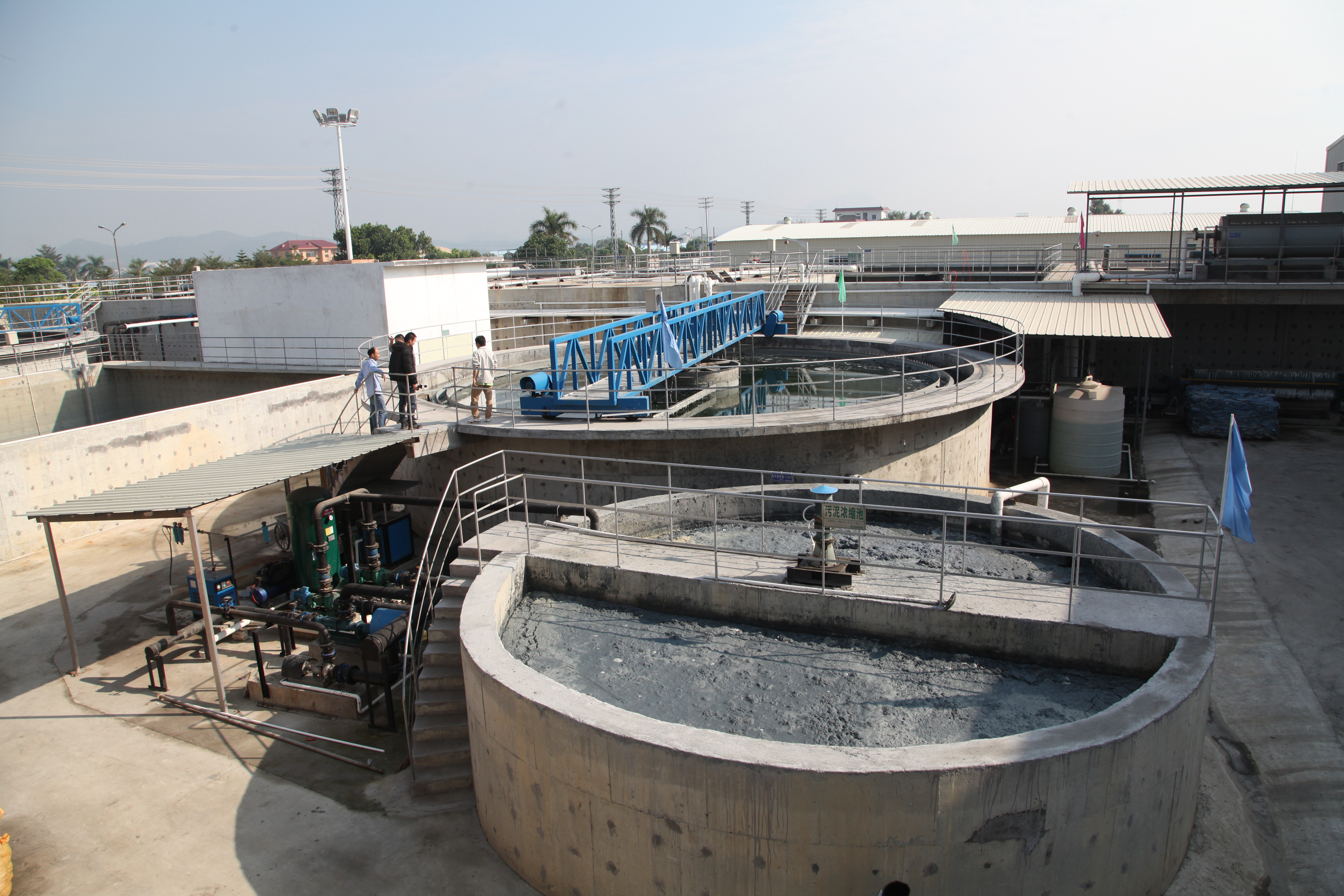Can antifreeze defoamer really solve the foam problem?
Today, I will introduce an antifreeze defoamer used in the engine cooling system. As is well known, antifreeze is a coolant containing special additives. It has good anti freezing performance in winter, anti boiling performance in summer, and anti scaling and anti-corrosion effects throughout the year. However, you may not be aware that antifreeze typically produces a large number of bubbles during production and use. These bubbles will seriously affect the performance of antifreeze and seriously affect the service life of the engine. The antifreeze defoamer is specifically developed to solve the problem of antifreeze foaming.

Next, let's understand why the antifreeze has foam: in fact, many chemical additives have been added in the production process of antifreeze. These additives are easy to foam. After the machine is running, manual mixing will cause chemical instability, resulting in a large number of foam.
Secondly, during the operation of the car, due to the bounce and vibration of the body, the air will permeate into the antifreeze, resulting in foam. According to the data, it can be seen that over 50% of global automotive engine failures come from the cooling system. Therefore, when bubbles appear in the antifreeze, please do not underestimate them and handle them promptly.
So, can antifreeze defoamer really solve the foam problem? Yes, the antifreeze defoamer developed specifically for the foaming problem of antifreeze is a composite defoamer composed of multiple polymers. It has good defoaming effect on fine foam. It is less used, has strong water dispersibility, has adsorption power, and has very low surface tension, which will not affect the performance of the original product.

 English
English
 Chinese
Chinese Vietnamese
Vietnamese
 HOME
HOME
 PRODUCT
PRODUCT
 NEWS
NEWS
 CONTACT
CONTACT


